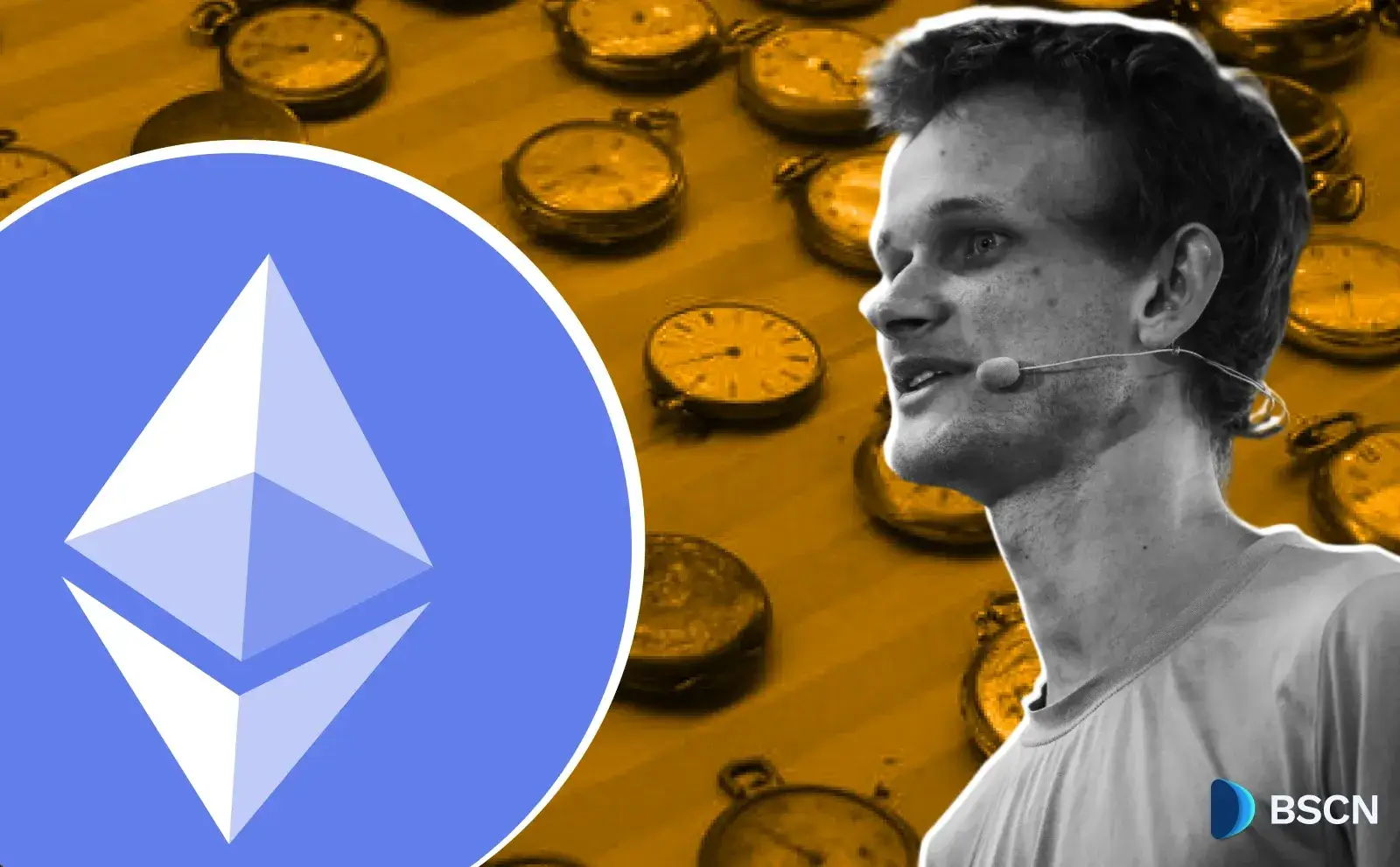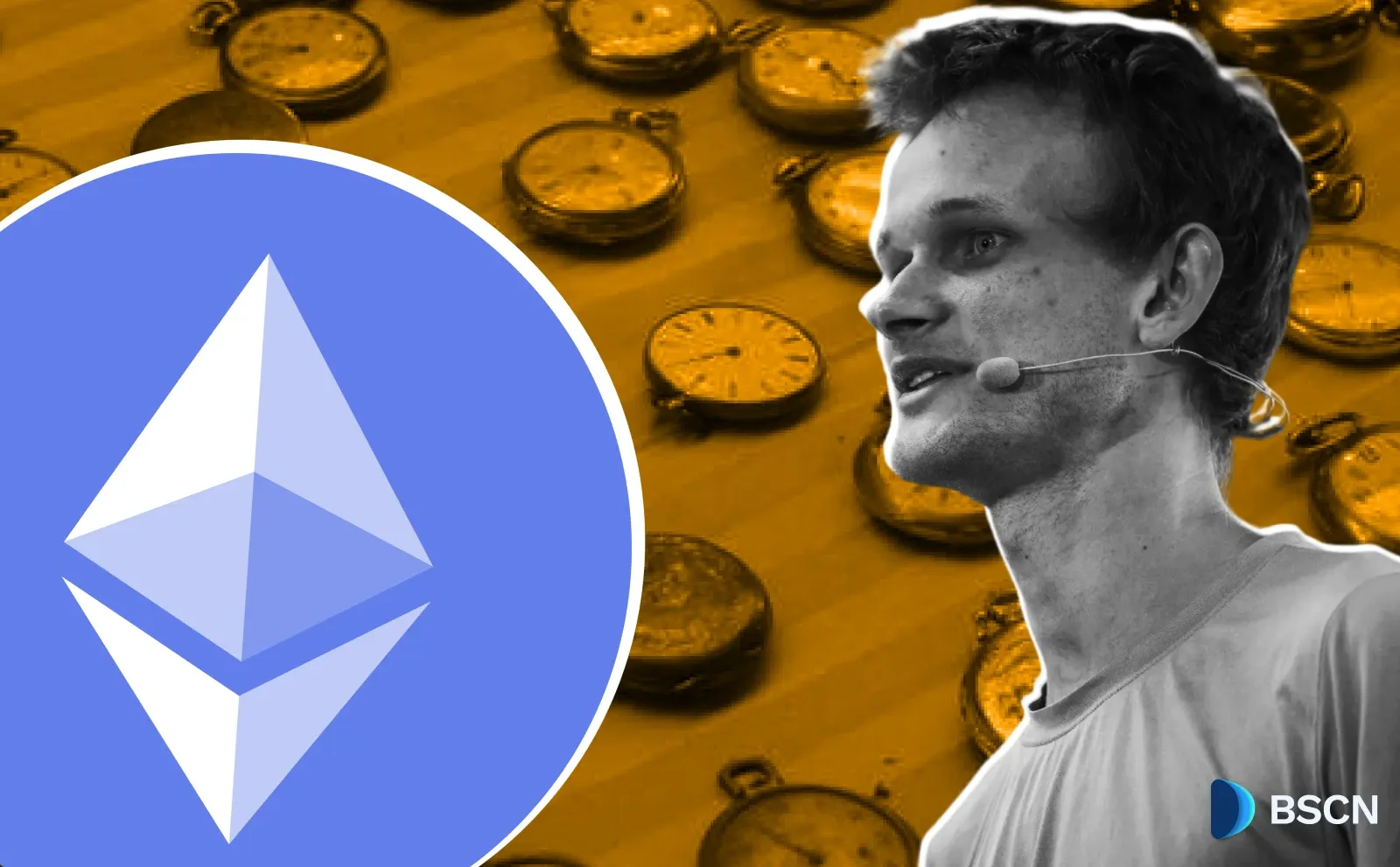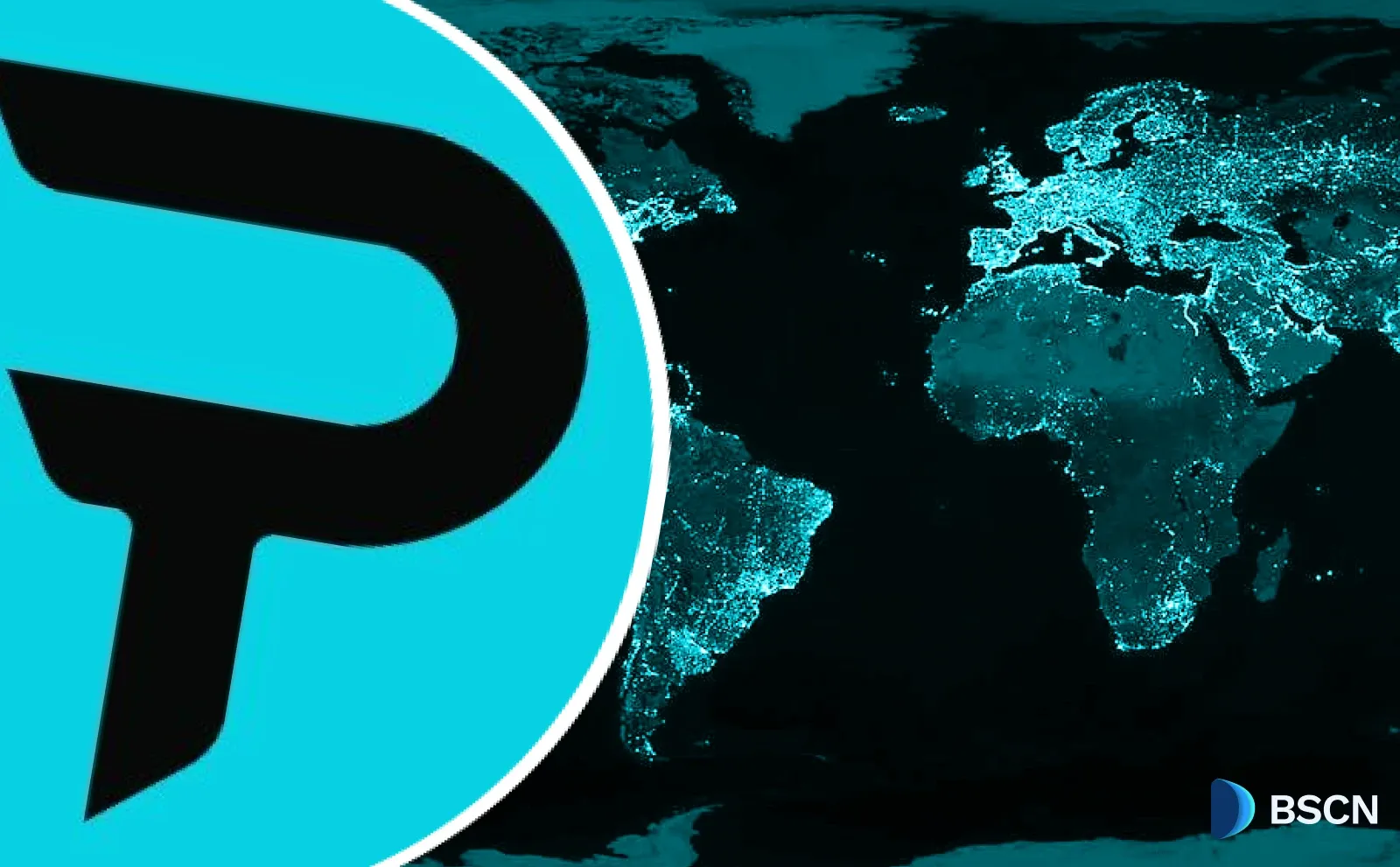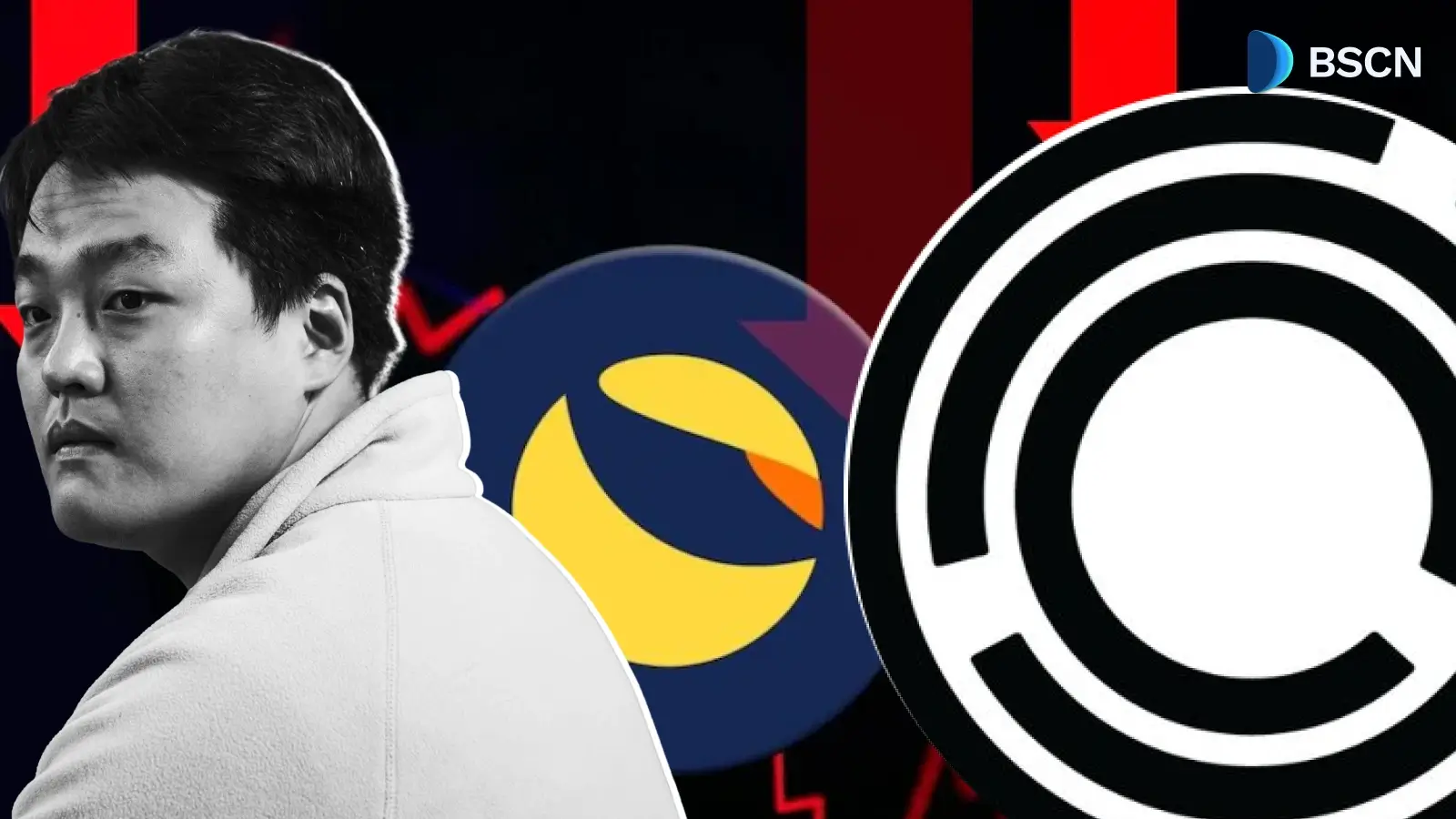Chainlink Powers OlympusDAO Cross Chain Expansion with CCIP Integration

The move begins with Solana and may expand to Ethereum, Arbitrum, Base, and Optimism through future governance proposals.
Soumen Datta
June 17, 2025
Table of Contents
OlympusDAO has officially implemented Chainlink’s Cross-Chain Interoperability Protocol (CCIP) as its canonical cross-chain infrastructure. This upgrade aims to enable seamless and secure token transfers of its native OHM token, beginning with Solana.
The decision follows a unanimous governance vote within the Olympus community, showing strong support for moving toward Chainlink’s Cross-Chain Token (CCT) standard. OlympusDAO now joins a growing list of protocols adopting CCIP to improve security, interoperability, and developer control in decentralized finance.
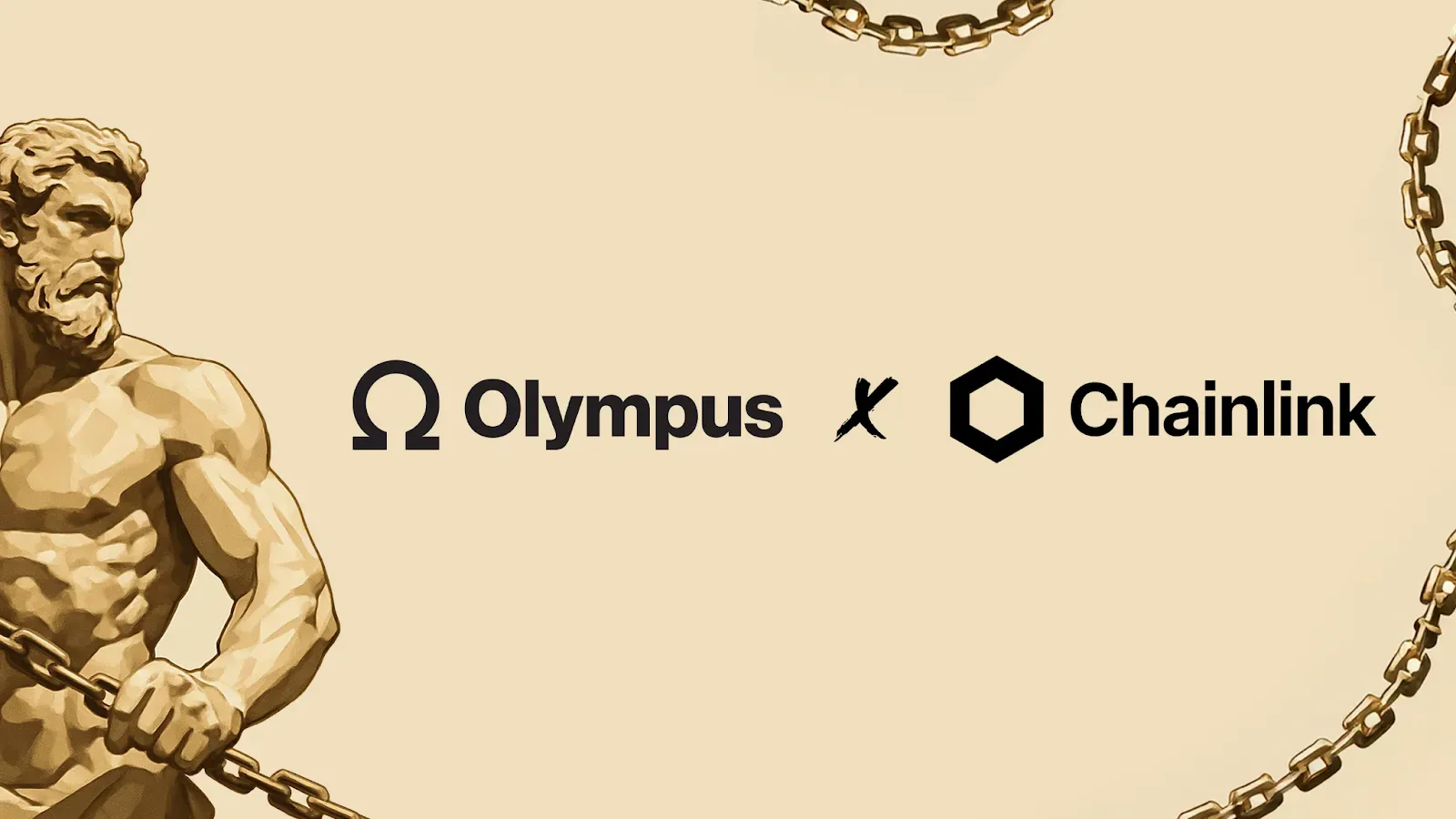
Why OlympusDAO Chose Chainlink CCIP
The core of this upgrade is the Cross-Chain Token (CCT) standard—a self-serve system that lets token issuers fully control how their tokens move across chains, without needing permission. CCTs are not just about moving tokens between chains—they’re about doing so without slippage, with full ownership, and with programmable flexibility.
According to Olympus’ Chief Marketing Officer FattyBagz:
“Adopting the Cross-Chain Token (CCT) standard via Chainlink CCIP provides Olympus with unmatched security and flexibility, strengthening our ability to operate across a multi-chain ecosystem.”
This implementation begins with Solana, a chain known for high throughput and low fees. However, Olympus may expand to Ethereum, Arbitrum, Base, Berachain, and Optimism—pending further community approval.
Chainlink's Edge
Chainlink’s CCIP is a fully battle-tested protocol. Per reports, since 2022, the Decentralized Oracle Network (DON) powering Chainlink has facilitated over $21 trillion in onchain transaction value.
Following are some of its features that’s reportedly helpful for Olympus DAO:
- Complete token ownership: Developers retain full control over token contracts and liquidity pools.
- Custom logic: No vendor lock-in or hardcoded limits. Olympus can set rate limits, adjust behaviors, and expand features at will.
- Self-serve model: Olympus created its own CCT with no external approvals, using on-chain ownership verification.
- Tooling and support: Resources like the Token Manager and CCIP Explorer make managing and monitoring OHM across chains seamless.
By implementing CCIP, Olympus reduces reliance on legacy bridging solutions that often expose tokens to third-party risk, lack transparency, or require significant integration overhead.
The integration gives OlympusDAO a foundation for expanding its native token, OHM, across multiple chains—starting with Solana.
This move:
- Future-proofs Olympus for multi-chain liquidity
- Makes OHM more accessible and secure to users across DeFi ecosystems
- Paves the way for faster innovation and broader community participation
Part of a Bigger Picture in Web3 Interoperability
OlympusDAO’s move comes at a time when Chainlink CCIP is accelerating adoption across multiple sectors. Recently, Chainlink, Astar Network, and Optimism launched the first SuperchainERC20-compatible cross-chain token. Powered by CCIP, this deployment enabled Astar’s native token, ASTR, to go live on the Soneium Mainnet under the CCT standard.
Chainlink also played a central role in the e-HKD+ Phase 2 pilot. In this initiative, Hong Kong’s central bank digital currency (e-HKD) was exchanged for Australia’s A$DC stablecoin via CCIP. Transactions that traditionally took 2–3 days were settled in seconds, even on weekends. It demonstrated CCIP’s ability to bridge public and private blockchains, all while enabling near-instant settlement and low risk.
Chainlink’s services in this case also covered:
- On-chain identity checks
- Smart contract compliance
- Delivery-versus-payment (DvP) logic
- Payment-versus-payment (PvP) execution
- Integration with Visa’s Tokenized Asset Platform (VTAP)
Chainlink Labs also recently joined the Global Synchronizer Foundation (GSF)—a consortium led by Broadridge, Euroclear, and Cumberland. This collaboration focuses on the Canton Network, where Chainlink brings its expertise in decentralized data delivery and secure interoperability to large institutions managing trillions in capital.
Read Next...
Disclaimer
Disclaimer: The views expressed in this article do not necessarily represent the views of BSCN. The information provided in this article is for educational and entertainment purposes only and should not be construed as investment advice, or advice of any kind. BSCN assumes no responsibility for any investment decisions made based on the information provided in this article. If you believe that the article should be amended, please reach out to the BSCN team by emailing [email protected].
Author
 Soumen Datta
Soumen DattaSoumen has been a crypto researcher since 2020 and holds a master’s in Physics. His writing and research has been published by publications such as CryptoSlate and DailyCoin, as well as BSCN. His areas of focus include Bitcoin, DeFi, and high-potential altcoins like Ethereum, Solana, XRP, and Chainlink. He combines analytical depth with journalistic clarity to deliver insights for both newcomers and seasoned crypto readers.
Crypto Project & Token Reviews
Project & Token Reviews
Comprehensive reviews of crypto's most interesting projects and assets
Learn about the hottest projects & tokens



